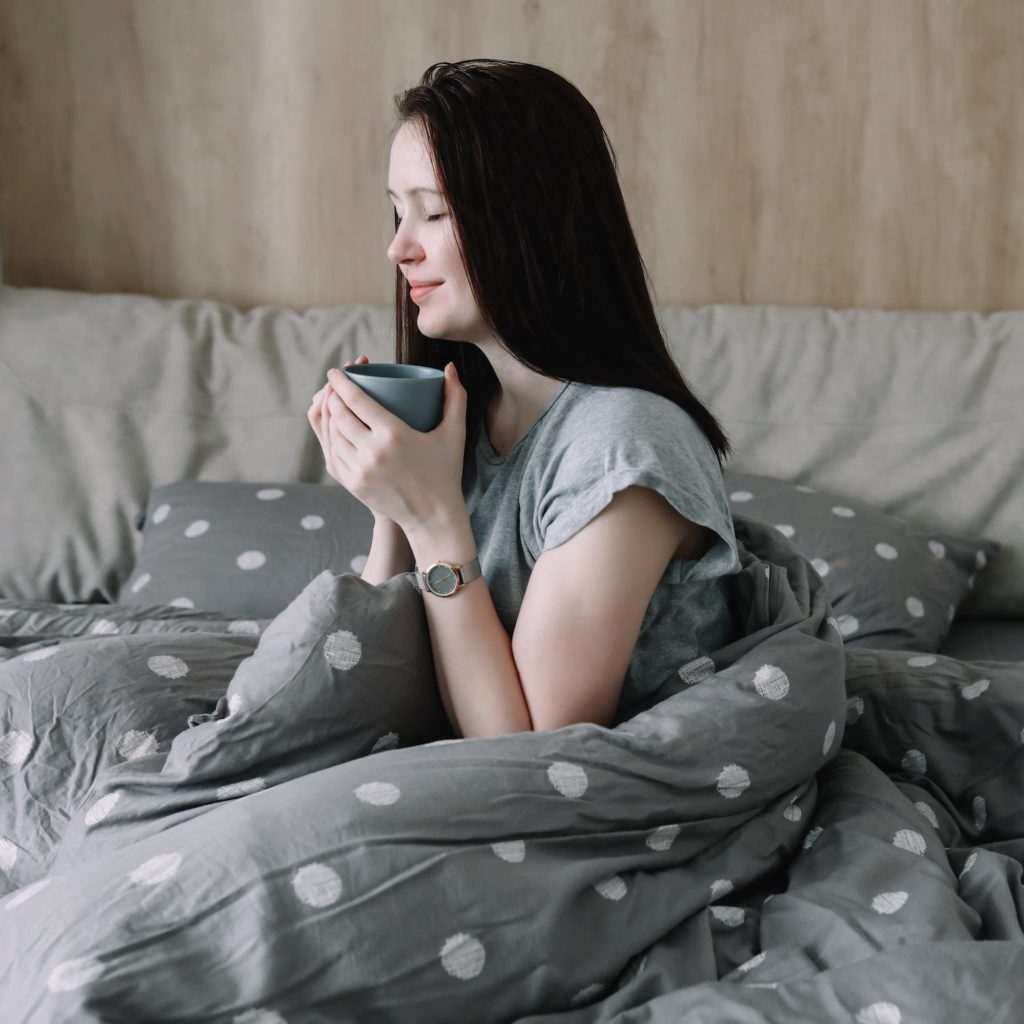Drinking tart cherry juice comes with a range of health benefits, including possibly improving sleep. In fact, consuming tart cherry juice may induce longer, deeper sleep. Montmorency cherries, the most common type of tart cherry produced in the U.S., may help reduce inflammation and decrease muscle soreness, in addition to helping with sleep.
Certain cherries, including Montmorency cherries, contain high levels of melatonin, a naturally occurring hormone that helps signal the body when to sleep or wake up. People looking for foods high in melatonin to help them fall asleep may benefit from learning about tart cherry juice.
Why Tart Cherry Juice Helps With Sleep
Tart cherries contain melatonin, bioactive compounds, and other nutrients that may help the body sleep better at night. People drinking tart cherry juice may notice improved sleep quality and stay asleep longer. For example, people with insomnia report longer sleep times and improvements in sleep quality after drinking tart cherry juice.
Tart cherries contain natural components that may contribute to these sleep improvements.
- Melatonin: Montmorency tart cherries contain high levels of melatonin. Melatonin works to regulate the sleep-wake cycle by signaling the body to sleep when the sun goes down at night. Compared to sweet cherries, the tart variety contains six times more melatonin and may promote long, restful sleep.
- Bioactive compounds: Similar to matcha, tart cherries have bioactive compounds called polyphenols. These natural substances give the cherry its red color, unique taste, and flavor. Polyphenols may help increase the availability of the amino acid tryptophan, which the body uses to make melatonin.
- Other micronutrients: Certain minerals like magnesium and potassium may help to regulate sleep, and tart cherry juice contains both these micronutrients.
When to Drink Tart Cherry Juice to Improve Sleep
Although there is no standard health guideline on how to consume tart cherry juice for sleep, some people report improved sleep after drinking the beverage for five days. In studies evaluating tart cherry juice for sleep, people drank tart cherry juice once in the morning and again a few hours before bedtime.
People with conditions causing frequent urination at night may not want to consume tart cherry juice or other liquids too close to bedtime.
How Much Tart Cherry Juice Should You Drink Before Bed?
According to experts, drinking up to 16 ounces of tart cherry juice per day for two weeks is generally safe and does not cause serious side effects. Additionally, people who have reported improvements in sleep trials have usually been instructed to drink 8 ounces in the morning and 8 ounces before bed.
The preparation of tart cherry juice is also important to consider. Juice products made from concentrate may contain more artificial sugar compared to others. Finding products with all-natural tart cherry juice instead of concentrate can lower sugar intake.
Other Health Benefits of Tart Cherry Juice
Tart cherries may offer additional health benefits beyond increased sleep time and quality. Tart cherries are full of antioxidants, which are naturally occurring substances in many fruits and vegetables.
As people’s bodies convert food into energy, it’s normal for cells to undergo oxidative stress. This is what leads to cell damage over time. Exercise and environmental factors such as air pollution can also cause oxidative stress in the body.
Consuming antioxidants can help counteract oxidative stress and keep your cells working more efficiently. The anti-oxidizing properties of tart cherry juice may also provide other health benefits, including:
- Decreasing inflammation
- Decreasing muscle soreness and pain
- Accelerating recovery after exercise
- Improving short-term and long-term memory
- Helping prevent bone loss caused by aging
Tart cherry juice may also reduce cholesterol, promote healthy glucose levels, lower blood pressure, and decrease arthritic attacks, though additional research is needed.
Tart cherry juice can be incorporated into a healthy diet and used alongside good sleep habits as a way to support sleep health. If you have persistent or severe sleep problems, a health care provider can provide further guidance that may better suit each individual’s needs.
References
Ask the Sleep Doctor
Have questions about sleep? Submit them here! We use your questions to help us decide topics for future articles, videos, and newsletters. We try to answer as many questions as possible. You can also send us an email. Please note, we cannot provide specific medical advice, and always recommend you contact your doctor for any medical matters.








